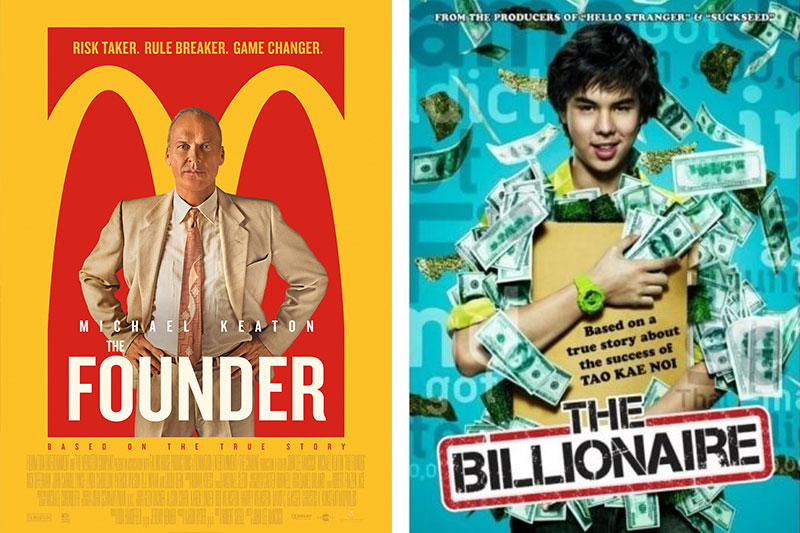Adapting a novel into a movie is always a risky business. Readers form deep connections with characters, worlds, and intricate plots, often imagining the story in a personal and unique way. When a book is adapted into a film, it has the burden of living up to those expectations while also creating a cinematic experience that works on its own.
While many film adaptations fall short, there are notable exceptions where directors, screenwriters, and actors bring a novel to life with remarkable authenticity, preserving the spirit of the original while enhancing it through the power of visual storytelling.
One standout example is The Lord of the Rings trilogy directed by Peter Jackson. Adapted from J.R.R. Tolkien’s epic fantasy, these films managed to condense thousands of pages of detailed lore and mythology into a compelling narrative that captured the essence of Middle-earth. The visuals, character arcs, and emotional weight resonated deeply with both longtime fans and newcomers.
Another remarkable adaptation is To Kill a Mockingbird (1962), based on Harper Lee’s classic novel. The film not only remained faithful to the plot but also preserved the powerful themes of racial injustice and moral integrity. Gregory Peck’s portrayal of Atticus Finch is often cited as one of the most iconic performances in cinema history, mirroring the dignity and wisdom of the character in the book.
The Harry Potter film series also deserves recognition. Though it was impossible to include every subplot and detail from J.K. Rowling’s seven books, the films still captured the magical essence of the story.
Strong casting, especially of the main trio, and careful world-building allowed viewers to grow up with the characters in a believable universe. Similarly, The Hunger Games trilogy, adapted from Suzanne Collins’ novels, skillfully translated the dystopian themes and emotional intensity to the screen. Jennifer Lawrence’s performance as Katniss Everdeen added depth to a character already rich with complexity in the books.
In recent years, Little Women (2019), directed by Greta Gerwig, won praise for its innovative non-linear structure while staying true to Louisa May Alcott’s novel. Gerwig’s version gave more agency to the characters and highlighted feminist themes already present in the text but made more prominent for modern audiences.
Another modern success is Gone Girl (2014), directed by David Fincher and adapted from Gillian Flynn’s novel. Since Flynn herself wrote the screenplay, the adaptation kept the novel’s psychological twists and biting commentary intact, leading to a chilling and intelligent thriller.
Conclusion:
While not all book-to-film adaptations succeed, the ones that do often share a commitment to honoring the heart of the source material. Through thoughtful direction, faithful screenwriting, and compelling performances, these films manage to bring stories from the page to the screen in ways that feel both fresh and respectful. They prove that with the right creative team, it is possible to transform beloved novels into equally beloved films creating experiences that satisfy both readers and moviegoers alike.



